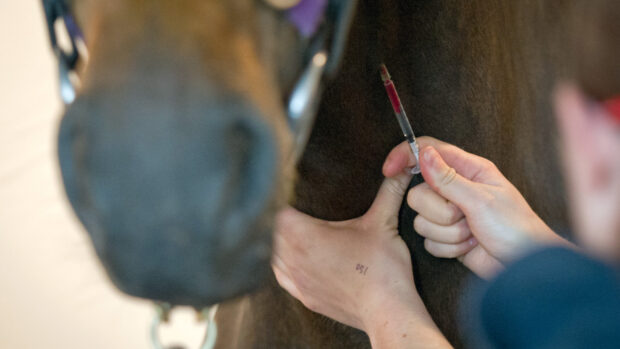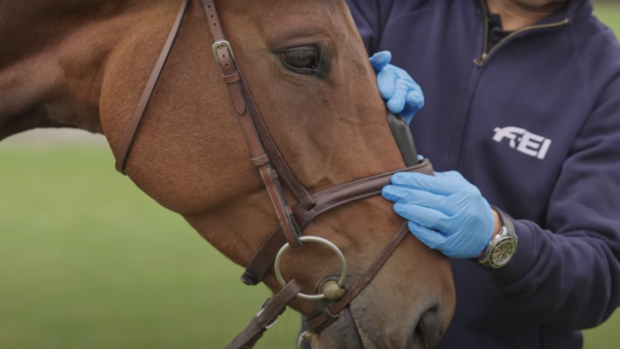The FEI is emphasising the importance of clean sport in advance of the launch of the FEI’s global equine anti-doping and controlled medication programme (EADCMP) next year.
“It is vital for the integrity of all sport that it is clean and fair, but it is even more important when there is an animal involved because of the welfare implications,” said FEI president Ingmar De Vos.
“The FEI has a stringent anti-doping policy in place to protect horse welfare and maintain a level playing field. Horse welfare and fair play have always been and always will be two of the central pillars of the FEI.”
FEI headquarters currently coordinates administration of the EADCMP in FEI regional groups I and II (Europe). The programme across the rest of the world has been undertaken through national anti-doping programmes or National Federations (NFs).
That will change from 1 January 2016 when FEI HQ takes over administration of the worldwide programme.
Ahead of this the FEI will upscale its awareness and education campaign among NFs, athletes and their entourages in order to prevent inadvertent positives.
“We have close to 4,000 international events on the FEI calendar now, and as the international governing body, it is our responsibility to safeguard our athletes and the sport itself, and part of that is protecting our clean athletes,” added Mr De Vos.
“We have a rigorous testing policy and the FEI prohibited substances list contains over 1,000 substances, so it is crucial that our athletes and their vets are aware of what they are giving their horses.
“Of course our horses have to be treated if they are injured or sick, but anything given to the horse must have been eliminated from the body of the horse by the time of competition so that we can maintain the integrity of our sport.
“Boosting awareness and education is key. Keep it clean is the message.”
The President’s statement comes following news that the FEI has imposed provisional suspensions on 31 August on two athletes whose horses have tested positive for banned substances.
Samples taken at a CEI1* 80km event at Miramas in France on 3 May from the horse Buenaventura, ridden by Candice Pilloni, returned positive for the banned substance oxycodone, an opioid analgesic, and the controlled medication substance lidocaine and its metabolite 3-hydroxylidocaine, a local anaesthetic.
Samples taken at the North American Juniors and Young Riders Championships in Lexington on 16 and 18 July from the horse Why Not, ridden by the USA’s Sophie Simpson in showjumping, returned positive for the banned substance capsaicin, a topical analgesic or irritant.
Both athletes have been provisionally suspended. The two horses have been provisionally suspended for two months. The athletes and the horse owners have the opportunity for a preliminary hearing before the FEI Tribunal to request the lifting of the provisional suspensions.





